Organic Farming in Lebanon
Tarek Rabah was punk musician. Today he grows cucumbers, arugula and soon he will grow wheat on his farm.
Can people like him help the Lebanon to get out of the food crisis?
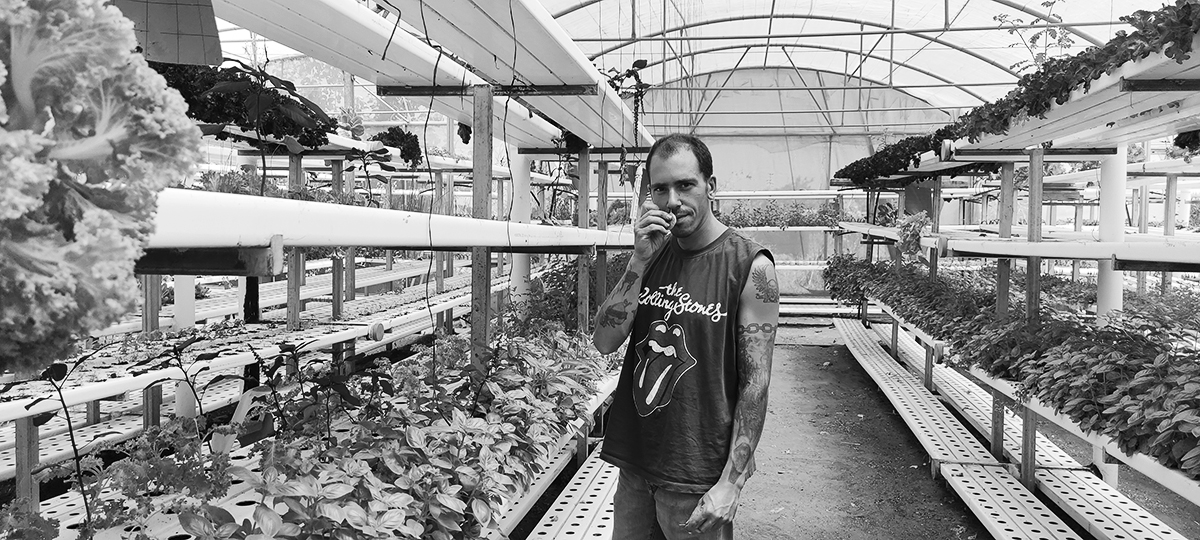
Tarek Rabah was punk musician. Today he grows cucumbers, arugula and soon he will grow wheat on his farm.
Can people like him help the Lebanon to get out of the food crisis?
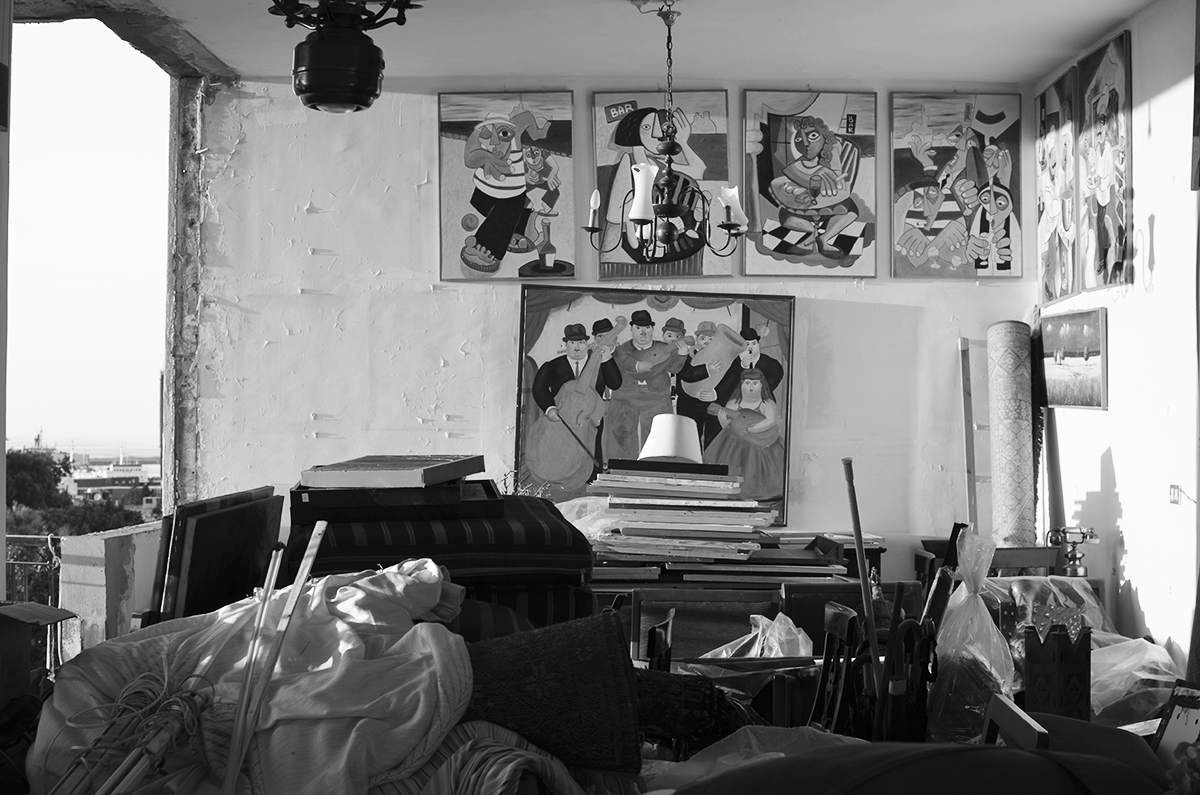
There is a hole in the Beirut apartment of the al-Khodr family where aluminium once hold windows and the balcony door. Their memories are destroyed and so is their trust in the state. A report about the daily life in Beirut one month after the explosion at the port , describing how helping each other became a neccesity in face of the negligence and absence of the government. Printed and published online by the daily newspaper taz.
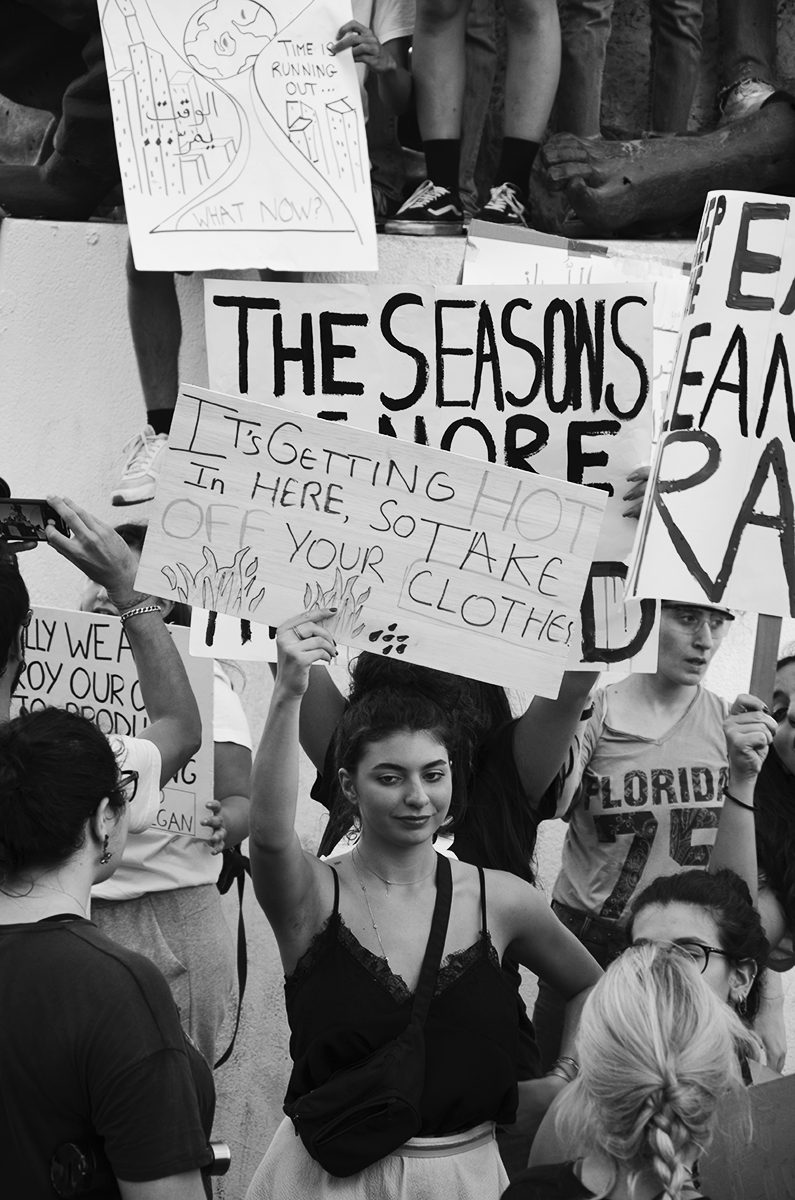
No recycling system, clogged roads, electricity produced from fossil fuels. In Lebanon, there is much to do to protect the environment and the climate. Nevertheless, few people support the Fridays For Future movement. Why is that? The article was published in the taz and can be read online here.
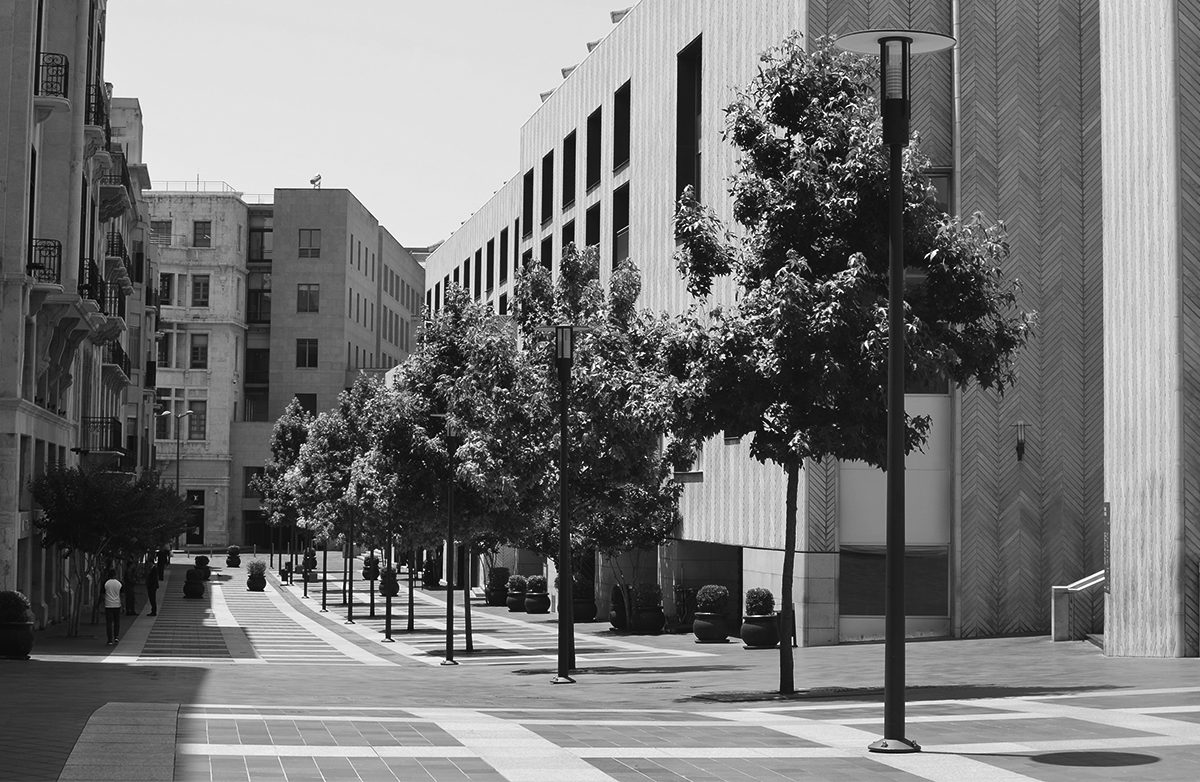
How do companies sway over cities? An example from Beirut, in which a single company – owned by the Prime Minister’s family – has rebuilt the entire downtown area after the war. My newest in the daily taz.
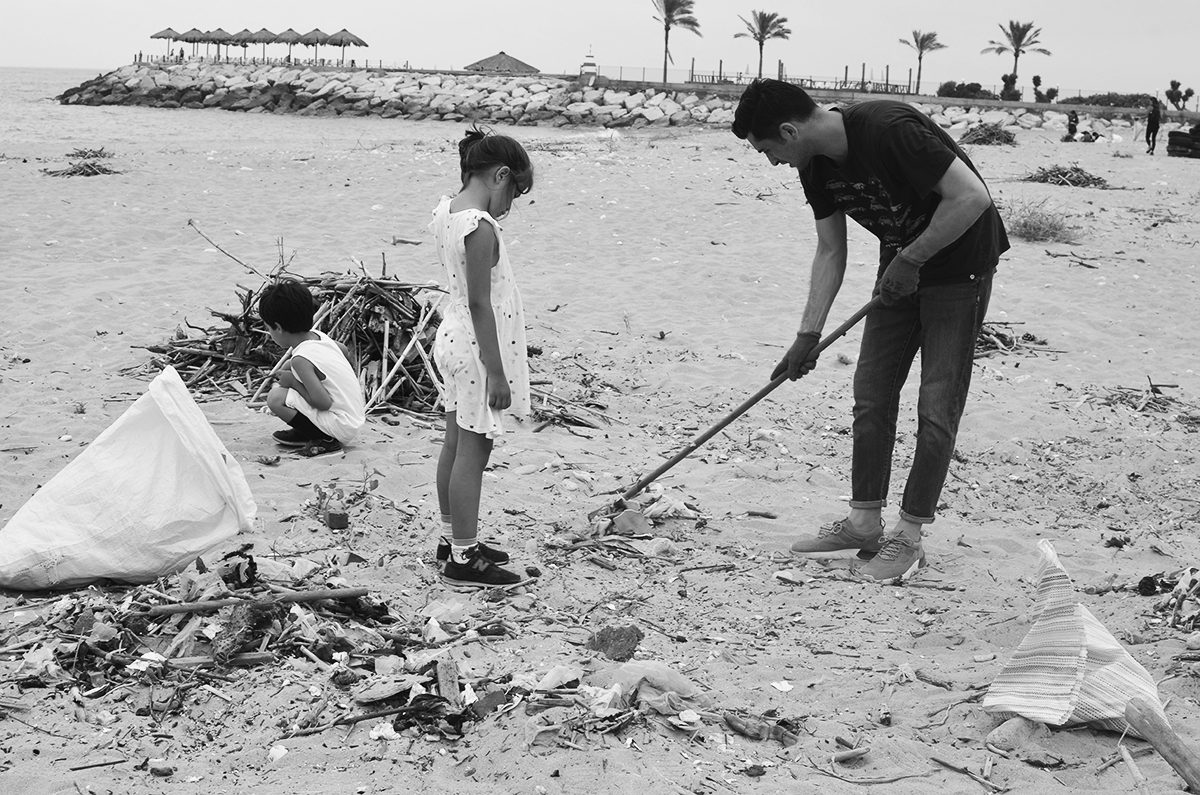
For the first time, the new Minister of the Environment in Lebanon presents a master plan for waste management. Whether this solves the problem is controversial. As the first official act, Jreissati has changed the dried plant in the office. A sign that the Environment Ministry is finally taking care of the environment? My report was printed and published online by the German daily taz.